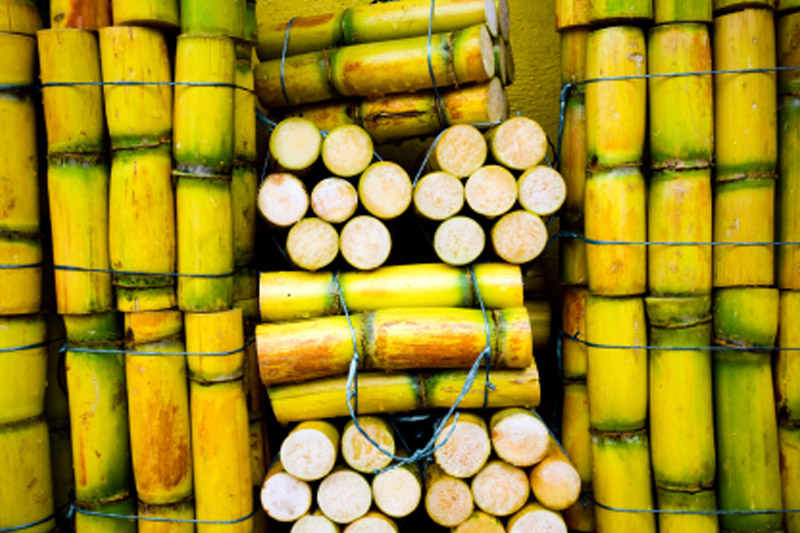By Colin Packham and Matt Siegel
SYDNEY, Aug 4 (Reuters) - Australia is seeking a guaranteed slice of any growth in demand in the U.S. sugar market in talks with Washington on the Trans-Pacific Partnership (TPP) trade pact, a source with knowledge of the Australian position said.
Australia, the world's third-largest exporter of raw sugar, has rejected a U.S. offer to permit 152,000 tonnes of imports per year, or 62,000 tonnes more than typical annual sales, according to data from Australia's commodity forecaster.
The U.S. offer was well below Australia's sugar industry demands for 500,000 tonnes a year.
Australian trade representatives were not pressing for a base figure as high as 500,000 tonnes, the source said, but were seeking a mechanism to ensure the country's producers could tap future growth in U.S. sugar demand.
"Australia has been pushing for a guaranteed slice of future increased growth, which would deliver some significant gains over the years ahead based on U.S. growth projections," said the source, who declined to be identified due to policies on speaking to the media.
A spokesman for Australian Trade Minister Andrew Robb declined to comment on the contents of the discussions. He said the negotiations were ongoing and that Australia was "pushing for commercially meaningful levels of new access."
Australian Agricultural Minister Barnaby Joyce on Monday called on Washington to improve its offer.
"God bless you, you believe in free trade, surely that also goes to us being able to export slightly more than 152,000 tonnes to you," Joyce said.
Negotiations on the 12-nation TPP could allow more sugar imports into the United States and Japan. But that has brought warnings from U.S. growers about economic devastation and some in Japan go so far as to see a threat to national security. ID:nL1N10B03W
U.S. confectioners and beverage companies support Australia's proposal to increase sugar exports, while canegrowers oppose it.
Mexico is also keen to safeguard its preferential access to the U.S. sugar market.
Negotiations for a Pacific Rim trade agreement ended on August 1 without hammering out a deal to create the most ambitious free trade zone in a generation, with several issues, including agricultural products key sticking points.
The negotiating countries are eyeing convening another ministerial meeting in late August. No date has yet been set.
Japanese Economic and Fiscal Policy Minister Akira Amari said he is confident a deal can be struck at the next meeting.
The TPP, which would cover around 40 percent of global output, involves Australia, Brunei, Canada, Chile, Japan, Malaysia, Mexico, New Zealand, Peru, Singapore, the United States and Vietnam.
(Editing by Ed Davies)
